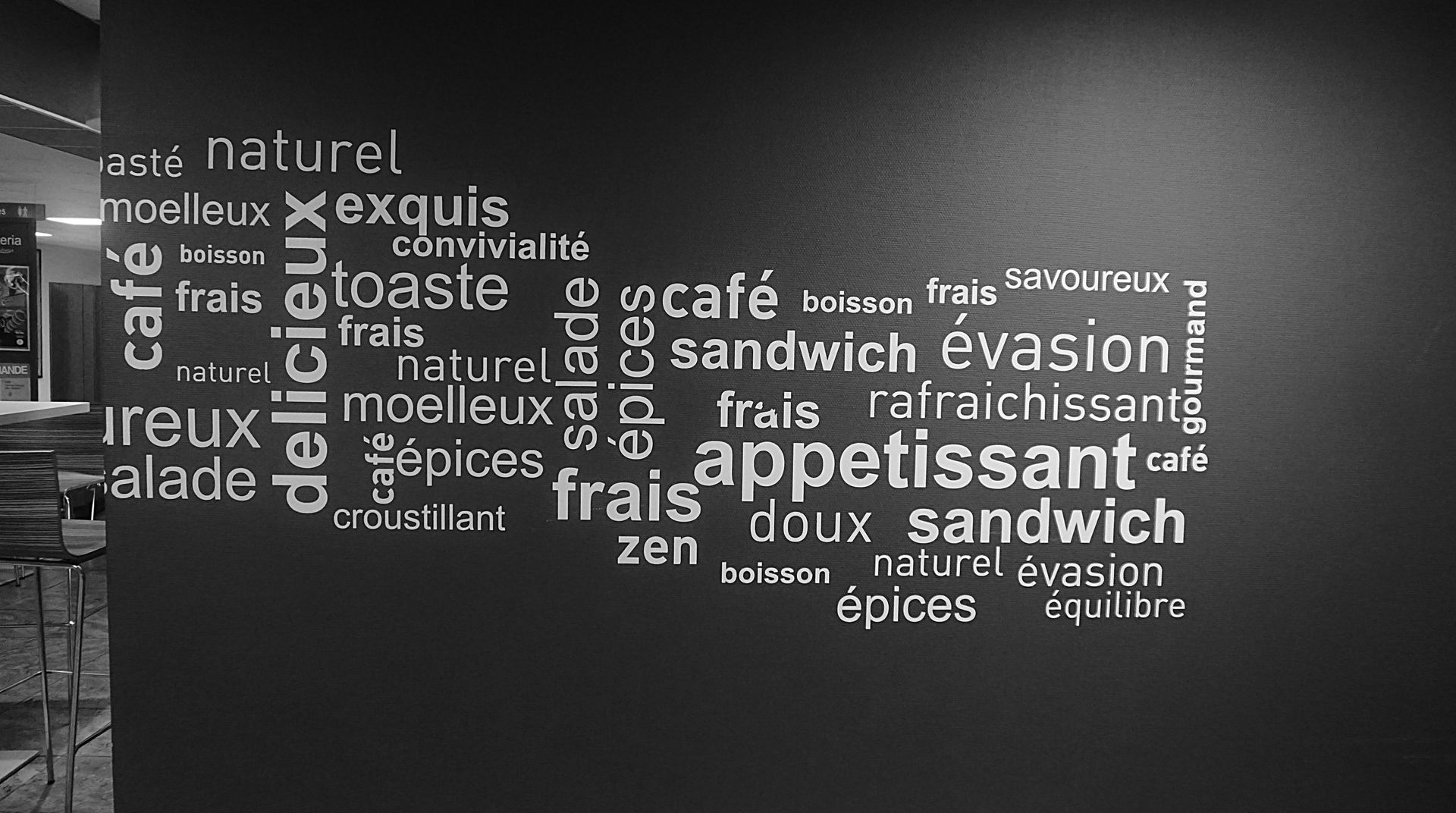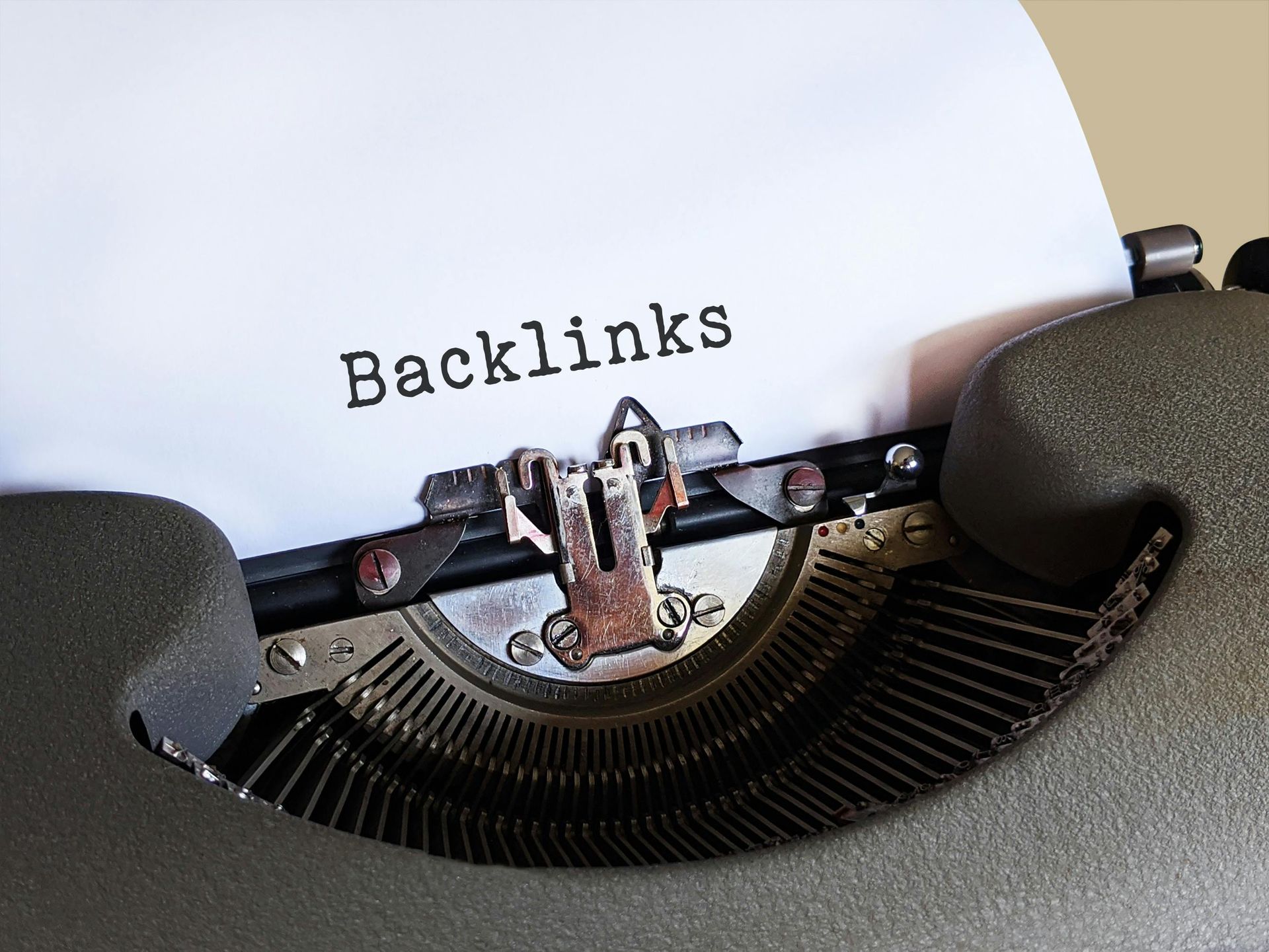
What Website Type Should You Choose To Elevate Your Business
What Types of Websites Are There and Which Is Best for My Business?
In today’s digital landscape, having a website is no longer a luxury—it’s a necessity. But as a business owner in Utah, how do you know which type of website is right for your business? With so many options available, it can feel overwhelming to choose the right one. Don’t worry, though; I’ve been there too, and I’m here to help you navigate the world of website types so you can make the best choice for your business.
Understanding the Different Types of Websites
First, let’s break down the most common types of websites you might encounter. Each type serves a different purpose, and the right one for you depends on your business goals, audience, and budget.
Brochure Websites
What Are They?
Brochure websites are the simplest type of website, essentially serving as your online business card. They typically consist of a few pages—home,
about,
services, and
contact—and provide basic information about your company.
Who Are They For?
If you’re a small business or startup looking to establish an online presence without needing to update your content frequently, a brochure website might be perfect for you. Think of it as a way for potential customers to learn who you are and what you do.
Why It’s a Good Fit:
we've seen this work wonders for local businesses here in Utah who are just getting started. It’s affordable, straightforward, and does the job if you just need to get online without all the bells and whistles.
E-commerce Websites
What Are They?
E-commerce websites are designed for businesses that sell products or services online. They feature shopping carts, payment gateways, and everything else needed to manage online transactions.
Who Are They For?
If you’re running a retail business—whether brick-and-mortar or entirely online—an e-commerce site is essential. This is where your customers will browse your products, make purchases, and even leave reviews.
Why It’s a Good Fit:
One of our clients, a fab shop and custom auto parts store owner in Grand junction, transitioned from a physical store to an e-commerce website during the pandemic. The result? His business not only survived but thrived by reaching customers far beyond Colorado and Utah. If you’re looking to expand your reach, this could be the right move.
Portfolio Websites
What Are They?
Portfolio websites showcase the work or projects of creative professionals, such as photographers, designers, and artists. They’re visually driven, highlighting your best work to attract new clients.
Who Are They For?
If you’re in a creative field, like graphic design or photography, a portfolio website is a must-have. It’s your chance to shine and show potential clients what you’re capable of.
Why It’s a Good Fit:
we've worked with local Utah photographers who’ve landed major contracts simply by showcasing their portfolio online. A well-crafted portfolio site can be your best marketing tool, speaking volumes about your skills without saying a word.
Blog Websites
What Are They?
Blog websites focus on publishing articles, opinions, and updates in a chronological order. They’re a great way to share your thoughts, expertise, and industry news with your audience.
Who Are They For?
Whether you’re a content creator, influencer, or a business leveraging content marketing, a blog site helps build your brand and engage with your audience.
Why It’s a Good Fit:
we started a blog on our own website to share web design tips and insights. Not only has it helped establish my credibility, but it’s also improved my site’s SEO—more on that later. If you’ve got something to say, a blog is a great platform to do it.
Membership Websites
What Are They?
Membership websites offer exclusive content, products, or services to members who pay a subscription fee. These sites often include forums, special content, or online courses.
Who Are They For?
If you provide specialized content or services, such as online courses or premium content, a membership site could be the way to go. It’s a great model for generating recurring revenue.
Why It’s a Good Fit:
A Utah-based fitness coach I worked with launched a
membership site offering workout plans and nutrition advice. It provided a steady income stream and allowed her to build a community of loyal followers. If you’re offering something of value that people will pay for, a membership site can be a goldmine.
Corporate Websites
What Are They?
Corporate websites are designed for larger companies to provide information about their business, services, and values. They’re usually more complex, with multiple sections and features to accommodate the needs of different departments.
Who Are They For?
If you’re running a medium to large business, especially one with multiple services or departments, a corporate website is likely the best fit. It’s professional, comprehensive, and conveys your company’s scale and credibility.
Why It’s a Good Fit:
Corporate websites are essential for businesses looking to establish a strong online presence. They provide the foundation for all your digital marketing efforts, from SEO to lead generation.
How to Choose the Right Website Type for Your Business
Now that we’ve covered the basics, how do you decide which type of website is right for your business? Here are a few key considerations:
Assess Your Business Goals
Start by asking yourself what you want to achieve with your website. Are you looking to increase brand visibility, generate leads, sell products, or establish yourself as an industry expert? Your goals will help determine the best website type for your business.
Example:
One of our clients, a small business owner in Provo, wanted to generate more leads through her website. We opted for a brochure site with strong call-to-actions and lead capture forms. It was simple but effective, and her business saw a noticeable uptick in inquiries.
Consider Your Audience
Who are you trying to reach with your website? Your target audience’s needs and expectations should play a significant role in your decision.
Example:
If your audience is tech-savvy, they’ll expect a website that’s not only visually appealing but also functional and easy to navigate. On the other hand, if your audience is less familiar with technology, a straightforward, user-friendly site will be more effective.
Factor in Your Budget
Your budget will also play a role in your decision. Some website types, like e-commerce or corporate sites, require more investment, while others, like brochure sites, can be more budget-friendly.
Example:
When one of our customers was just starting out, He didn’t have the budget for a complex site. Instead, We went with a simple brochure site that We could build on as his business grew. It was the right choice at the time, and it allowed him to get online without breaking the bank.
Future-Proofing Your Website
Finally, consider the future. Your business will grow and evolve, and your website should be able to grow with it. Whether that means scalability, adding new features, or rebranding, make sure your website can adapt to your changing needs.
Example:
One of our clients, a tech startup in Utah, started with a basic site but knew they’d need more features down the line. We built a scalable site that could easily integrate new features as the company expanded. This future-proofing saved them time and money in the long run.
The Benefits of Getting It Right
Choosing the right type of website isn’t just about getting online—it’s about creating an online presence that supports your business goals. When you get it right, the benefits can be substantial.
Enhanced User Experience
The right website type enhances user experience, leading to higher engagement and conversions. If your site is easy to navigate and provides the information your visitors need, they’re more likely to stick around and take action.
Example:
A local Utah restaurant I worked with revamped their outdated site into a sleek, user-friendly platform that showcased their menu, accepted reservations, and even featured customer reviews. The result? A significant increase in online bookings and customer satisfaction.
Better SEO Performance
Your website type can also impact your SEO performance. For example, a blog site with regularly updated content can boost your search engine rankings, making it easier for potential customers to find you.
Example:
After we started regularly updating a clients blog, we noticed a steady increase in organic traffic to their site. By choosing the right website type and focusing on SEO, you can improve your visibility and attract more visitors.
Increased Conversion Rates
Finally, the right website type can lead to higher conversion rates. Whether you’re looking to generate leads, sell products, or build a community, the right site will support your goals and help you achieve them.
Example:
An e-commerce client of mine saw their sales skyrocket after switching to a more user-friendly platform. The improved site design made it easier for customers to find and purchase products, leading to a significant boost in revenue.
Conclusion
Selecting the right type of website for your business is a crucial decision that can have a lasting impact on your success. By understanding your business goals, audience, and budget, and considering the future, you can choose a website type that not only meets your needs today but grows with your business tomorrow.
If you’re unsure which type of website is right for you, we’re here to help. At Bear Byte Studios, we specialize in creating custom websites tailored to your business’s unique needs. Contact us today for a consultation, and let’s build a site that sets your business up for success.









